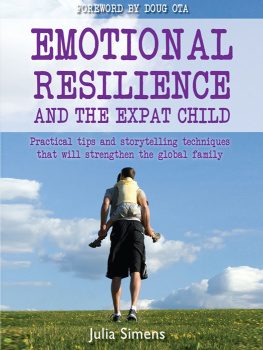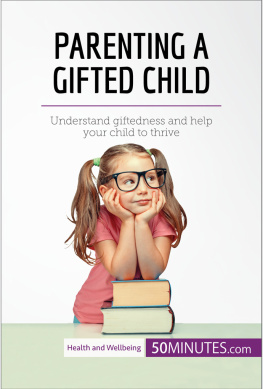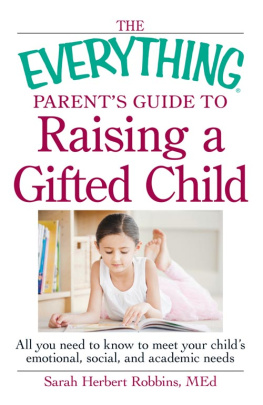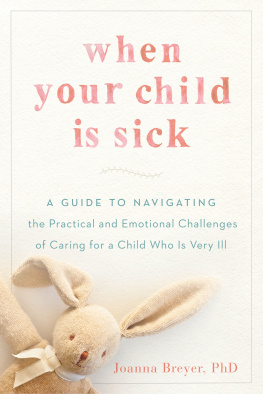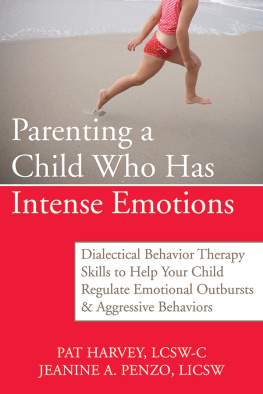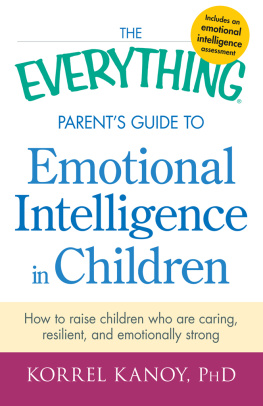First Published Great Britain 2011
by Summertime Publishing
Copyright Julia Simens
All rights reserved. No part of this publication may be reproduced, stored in or introduced into a retrieval system, or transmitted, in any form, or by any means (electronic, mechanical, photocopying recording or otherwise) without the prior written permission of the publisher.
This book is sold subject to the condition that it shall not, by way of trade or otherwise, be lent, resold, hired out, or otherwise circulated without the publisher's prior consent in any form of binding or cover other than that in which it is published and without a similar condition including this condition being imposed on the subsequent purchaser.
ISBN 978-1-909193-19-2
Designed by creationbooth.com
To Jacqueline and Grant,
You have taught me every day how to launch a child towards a wonderful life. You educate me. I love you more than you will ever know.
May your lives be full of emotions and overloaded with joy, peace, love and laughter.
The writing of this book has been a wonderful experience and would not have come to fruition without the help of some exceptional people in my life.
I want to thank Jo Parfitt for guiding me through the whole process from helping me see my vision to completion of this book.
I also want to acknowledge all the educators and parents with whom I have worked over the past 20 years. I have learned so much from each one of you and have tried to share some of our experiences in this book. Thank you for loving and protecting all children and helping them grow into their unique potential. You are guardians for our children's innate emotional well-being. I always describe the feeling parents and teachers have about wanting the best for their children as 'passionate'. If we really want to build on the passionate feelings of love we have for our children, we need to think of how we want them to most successfully live the rest of their lives.
I want to thank my extended family and friends for all the support and 'grounding' back to the U.S.A. they have given me over the years.
Last, I want to thank Kevin Simens, who is responsible for giving our family a global perspective. Relocating and intercultural living involves many issues regarding our identity, communication, parenting decisions, and adjustments to new environments. We learned to live passionately and love our children wholeheartedly.

Julia Simens is an educator, consultant and presenter with a focus on international relocation. This has kept Julia coming and going from the U.S.A. for over 20 years. She has worked on five continents with families who are relocating all over the world. With a focus on family therapy and early childhood education, she has helped many children and families adjust to their global lifestyle. She has worked with many embassies, multi national companies, and youth groups. She is a member of the American Psychological Association. Julia connects with children of all ages. Parents look for her for guidance because she has survived seven international moves and has raised her own two children overseas. She offers parents in cyberspace on-going support. She is a frequent speaker at educational and business conferences and has been cited in various family publications including The Street Network, AOL Travel and Family Goes Strong. Julia works with international schools where she offers children and parents individual sessions and the opportunity to grow and she conducts parent seminars as well.
You might deserve a compliment.
But there's a problem: the person or persons who might pay you that compliment one day are simply too young to do so now.
So let me try to do so on their behalf.
The fact that you are readingor are considering readingthis book launches you into a different category of parent. You may be about to embark on a practical journey that is likely to change your child's or children's future development in a potentially profound way. Why?
Because you might be about to equip yourself with the skills to do a better job with that most important of human tasks: the raising of children who understand themselves. The ability to understand one's self resides at the foundation of being able to truly understand anybody elseincluding one's own children. And this can only mean that you are about to unpack a gift that your child or children will benefit from. And their children. And so on.
I am fully aware that these are large claims. But think about it: how many hours did you go to school to earn your high school diploma? Or to earn your first college degree? Or to study to become an engineer, or an artist, or a lawyer, doctor, or diplomat?
And yet how many hours do most parents spend getting trained to become "parents"?
Around the world, in every presentation after presentation that I have given and in parenting group after parenting group that I have led, the answer is usually simple: none. Apart from the way their own parents raised them, the vast majority of parents never get any specific training for a job that is arguably as challengingif not at times far more challengingthan engineering, law, medicine, or diplomacy. In fact, kids are expert at finding exactly those areas of their parents' "training" that were somehow left undone, generally because of issues of their own upbringing. And kids hone in on those areas like hawks. (The theory I often share in my own consulting room on why kids do this is simple: kids want "whole" parents, and they push on these unfinished areas in an existential quest to push their parents to get "completed".)
So reading any good book on parenting places the reader, in my definition at least, in the elite. Your choice of Julia Simens' book places you in a special category of that elite.
Why? Because Julia takes you to the heart of what this most important of human tasks, namely parenting, is all about: emotions. This is no "soft" or "emotional" claim. Nor is this is a "soft" book. Consider it the "basic training" that most parents skip. If a child is ever going to understand him or herself, he or she is going to have to master the signals that his or her own body transmits, signals that warn him or her that "something is up". This sounds easy, but it is not. In fact, in addition to the compliment I paid you on your child or children's behalf, let me also issue a warning: "understanding ourselves" is a skill that verges on art, and one that only a minority of the human population ever truly masters. Not understanding ourselves lies at the root of not being able to understand the other, and not being able to understand the other resides at the root of all human conflict.
This, then, is a book that can contribute to the climate in families' living rooms, as well as that between nations.
Few parenting books that I have ever encountered have ever broken the skill of understanding feelings into such easily digestible and imminently practical steps that any parent can apply. No book has ever done so with the special issues of an expatriate or mobile population in mind.
Julia's book does both, and does so beautifully.
Julia has taken her own expatriate experiences as a mother of her two children, Jacqueline and Grant, and woven them together into a story about emotions that tours the world and leaves the reader feeling whole. Her soothing, maternal voice massages the reader, page after page, bedside after bedside, linking new homes in new countries into a coherent whole that feels quintessentially centered. The reader is placed in a most privileged and intimate position: being able to listen to the bedside stories of a mother to her child. And in the repetition of those stories, month after month, in new bedroom after new bedroom, Julia shows the readerrather than merely "telling" uswhat safe human attachment sounds like. Her voice becomes her children's portable home.
Next page
